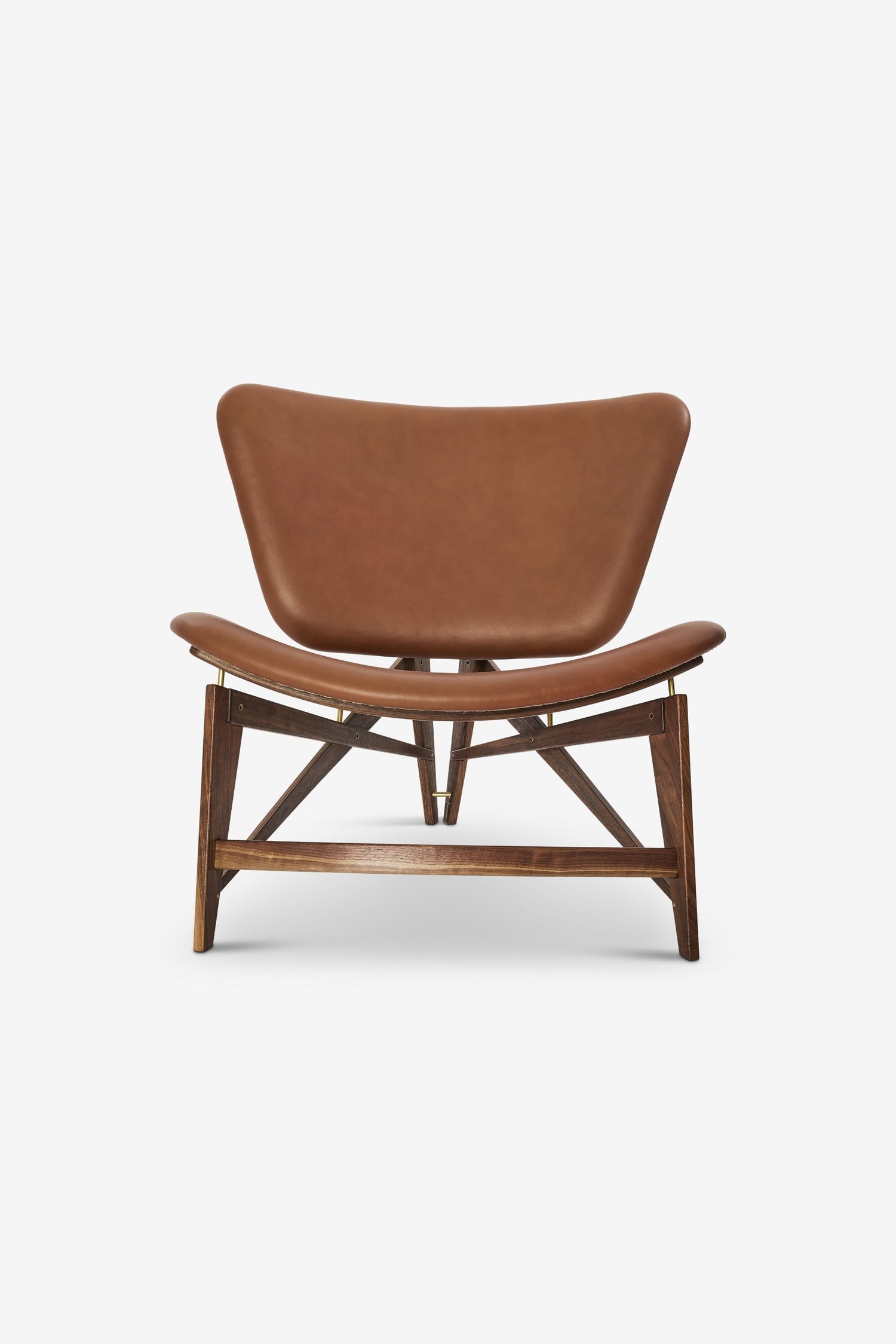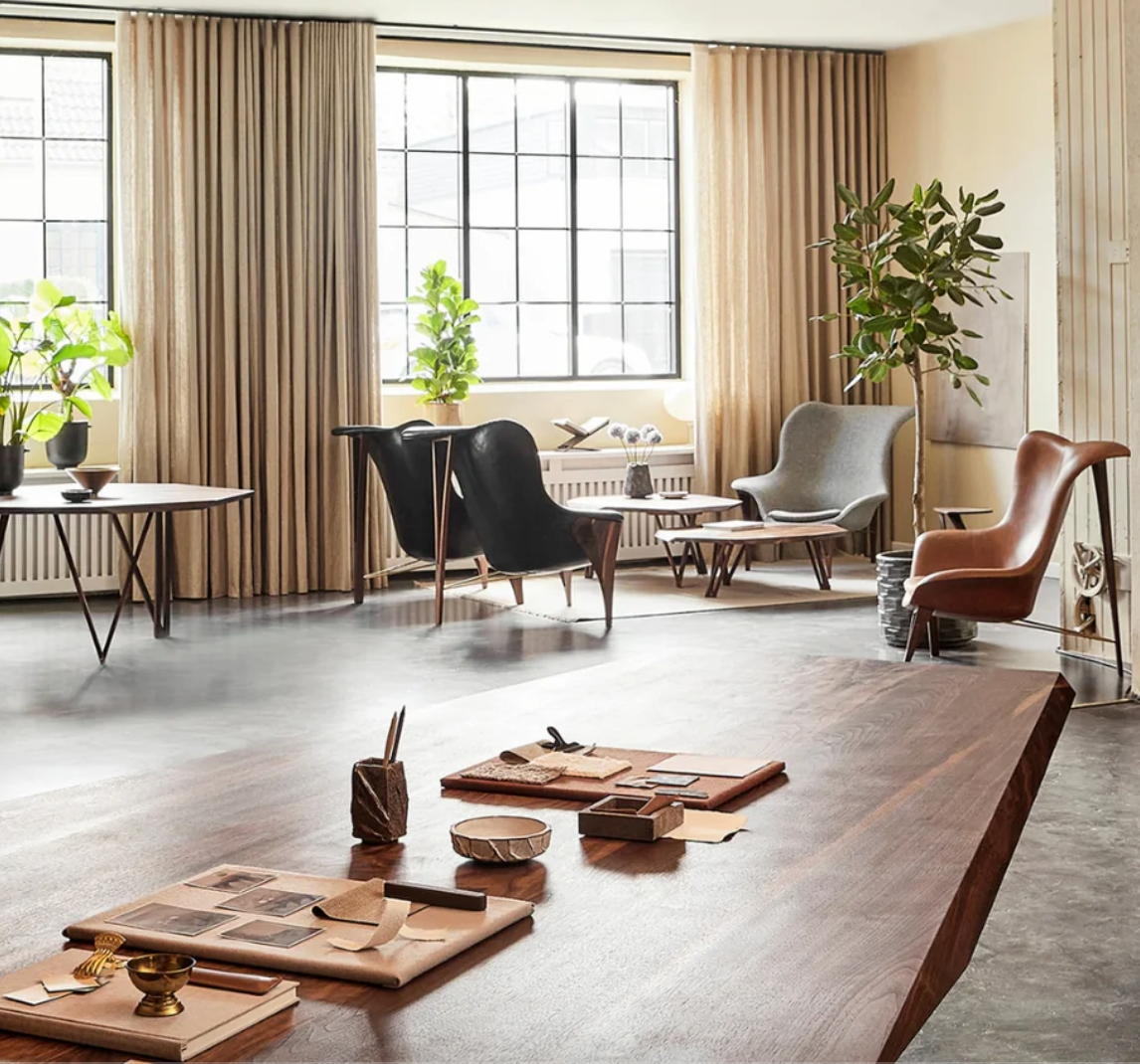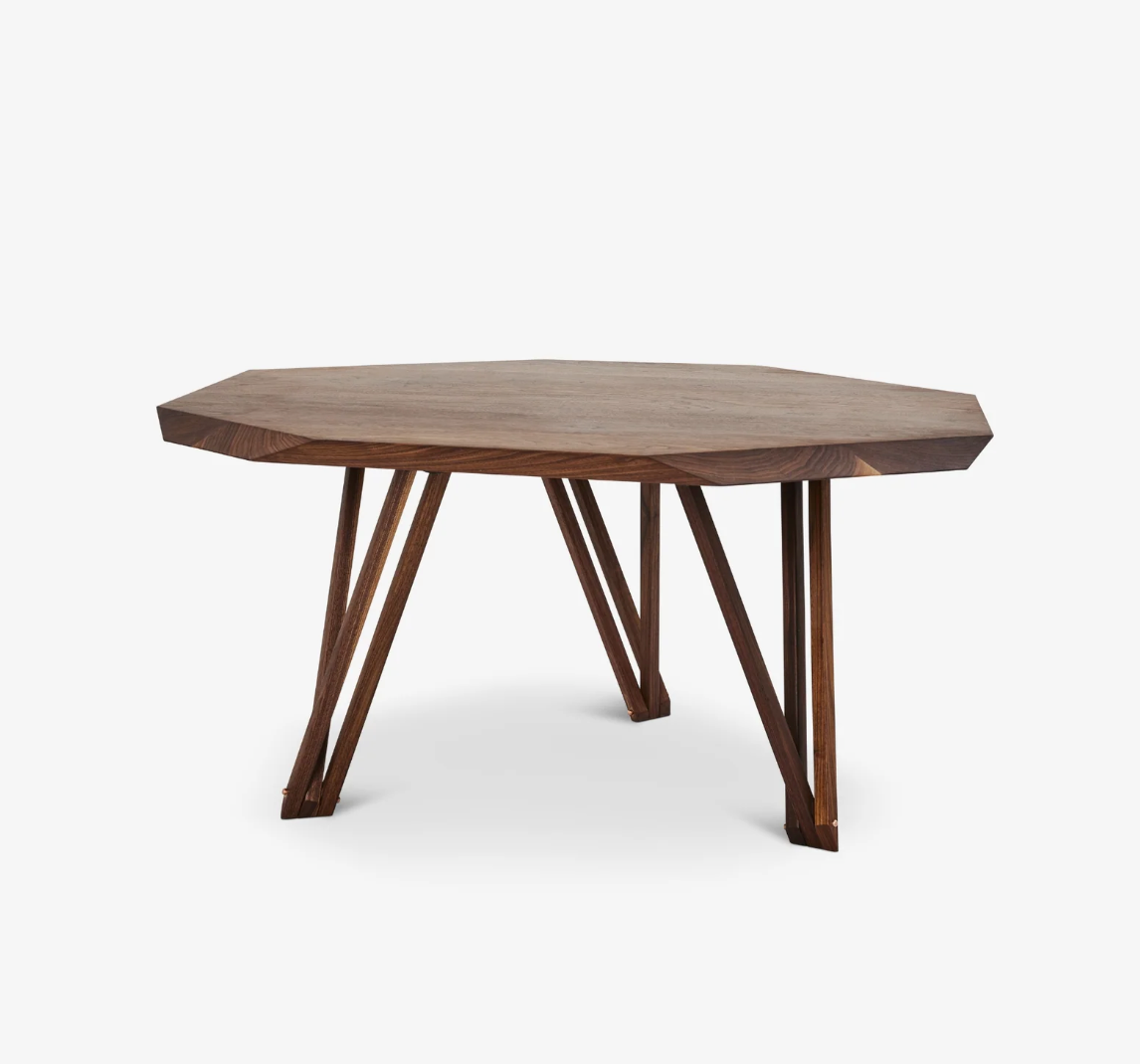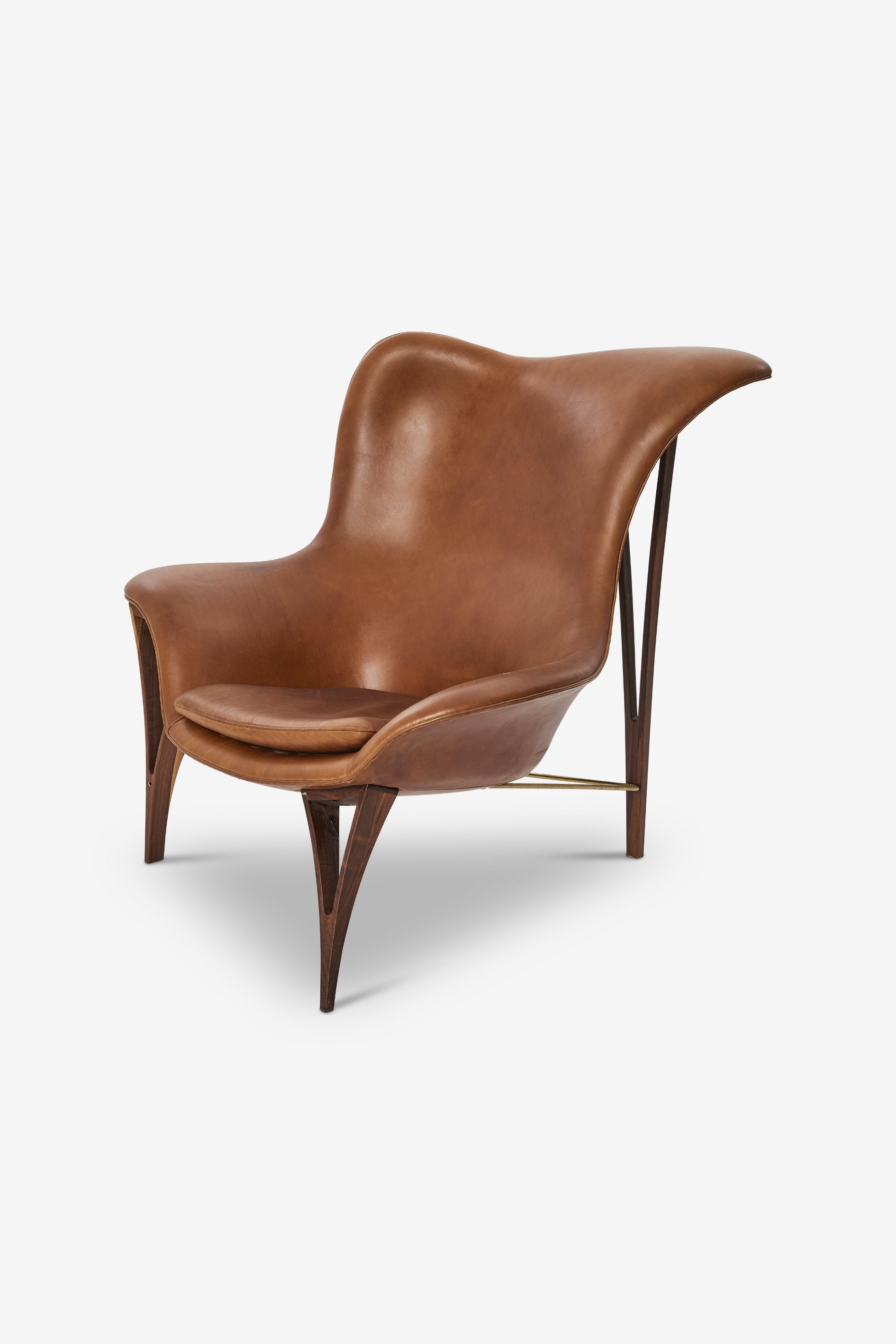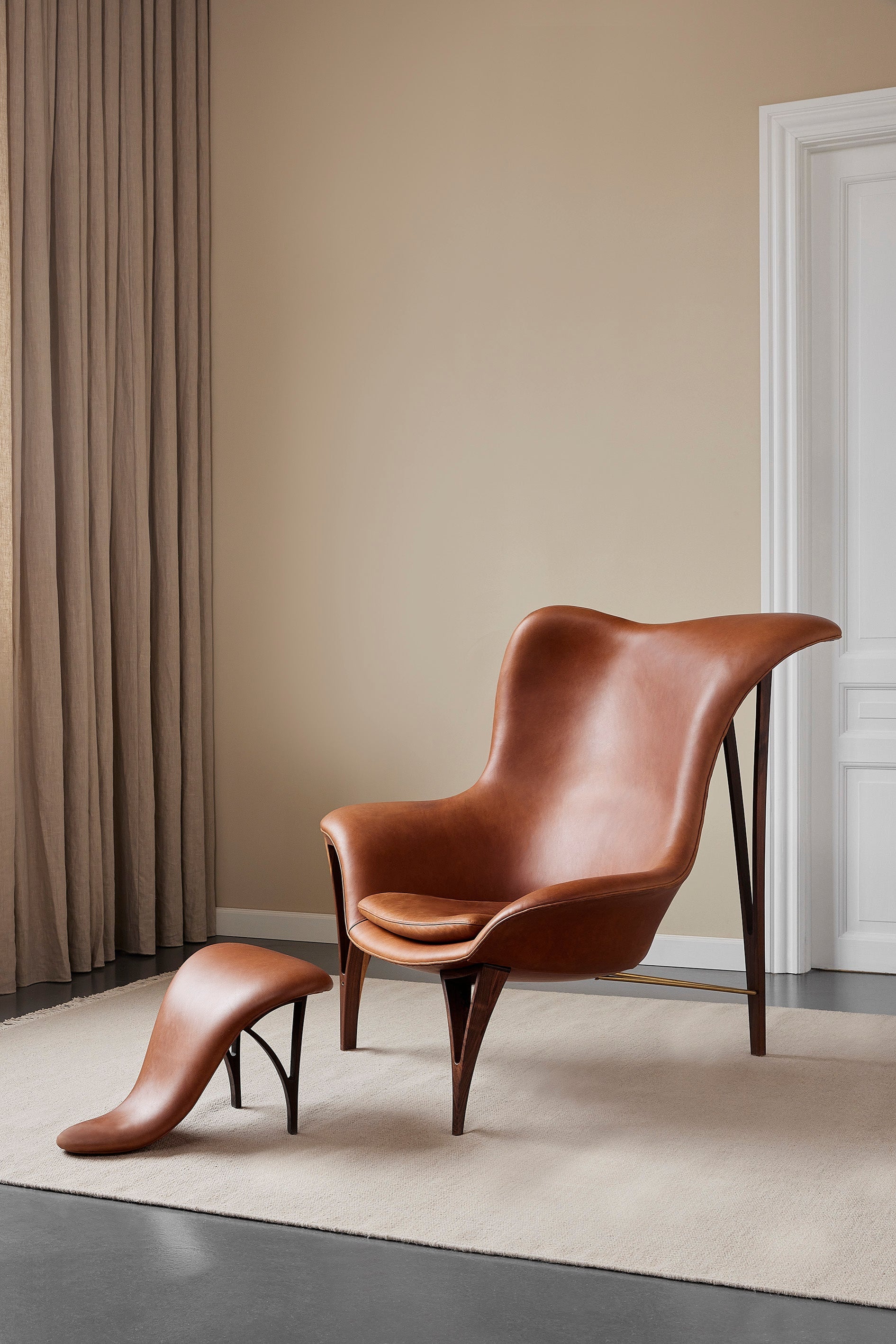Danish design enjoys global recognition and is known for its exceptional combination of functionality, aesthetics, and craftsmanship. This unique approach to design has made Danish design a sought-after brand worldwide. But what exactly makes Danish design so distinctive and valued internationally?
The History of Danish Design
The story of Danish design dates back to the mid-20th century, when a number of talented designers like Arne Jacobsen, Hans Wegner, Finn Juhl, and Poul Henningsen began to shape a distinctive style. These designers were renowned for their ability to merge functionality with aesthetic appeal and their focus on craftsmanship. Danish modernism quickly became a name recognized and respected around the globe for its minimalist expression and timeless design.
Principles Behind Danish Design
Danish design is based on several fundamental principles that still influence modern design:
- Functionality: Design should not only be beautiful but also practical and functional in its use.
- Simplicity: Clean forms and simplicity in lines characterize Danish design, creating a timeless aesthetic.
- Materials and Craftsmanship: Emphasis is placed on using natural materials and craftsmanship, contributing to durability and longevity.
- Innovation: A constant striving to experiment and innovate within design, leading to new solutions and features.
Danish Design and Furniture'
Furniture is a significant part of Danish design's heritage and success. Danish furniture design is famous for its iconic pieces, such as Arne Jacobsen's "Egg Chair" and Hans Wegner's "Y Chair," which are not only functional but also works of art in themselves. These pieces showcase the best of Danish design’s ability to harmonize form and function.
The Noyer Armchair: Denmark's Next Classic
A modern example of Danish furniture design is the Noyer armchair, nominated as Denmark's Next Classic. Designed by Janus Larsen, the Noyer armchair is a perfect example of how modern design continues to build on the traditions of the past. Made from walnut wood, the chair features elegant lines and ergonomic comfort. The Noyer armchair represents the ongoing relevance and appeal of Danish design in today’s modern world.
Global Recognition of Danish Design
Danish design has achieved international acclaim and is widely used not only in private homes but also in public spaces and commercial environments around the world. The global success of Danish design can be attributed to its ability to adapt to various cultural and functional needs without compromising on quality or aesthetic integrity.
Conclusion Today, Danish design is synonymous with innovation, quality, and timeless aesthetics. From furniture to lighting to textiles, Danish designers have created products that not only fulfill their functional purposes but also enrich spaces with their beauty and simplicity. The Noyer armchair from Denmark’s Next Classic is an excellent example of how modern design continues to follow in the footsteps of its legendary predecessors and continues to define the future of globally recognized Danish design. With a continued commitment to craftsmanship and aesthetic appeal, Danish design is poised to remain a significant force in the international design world for many years to come.

